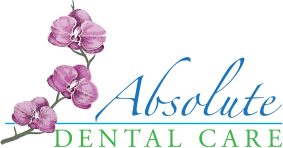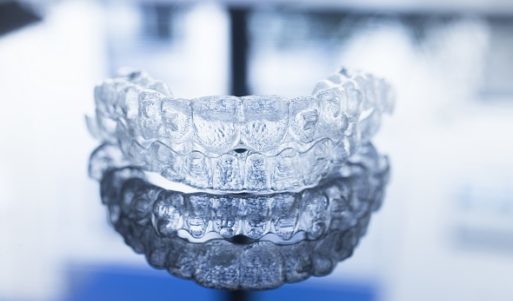 Do you feel kindly toward the idea of committing to preventive care but you certainly wish you knew more about the particulars? After all, becoming more familiar with the details makes it easier to feel enthusiastic about caring for your oral health with daily and long-term preventive measures. Wonderful news! We would be delighted to provide you with the education you’re currently lacking. Let’s kick this journey off with a Q&A session to get you started.
Do you feel kindly toward the idea of committing to preventive care but you certainly wish you knew more about the particulars? After all, becoming more familiar with the details makes it easier to feel enthusiastic about caring for your oral health with daily and long-term preventive measures. Wonderful news! We would be delighted to provide you with the education you’re currently lacking. Let’s kick this journey off with a Q&A session to get you started.
Questions And Answers
Question: What types of problems does preventive care help me avoid? Is it strictly issues that can occur as the result of neglectful dental hygiene?
Answer: Prevention does help you avoid issues connected to hygiene, such as gingivitis and decay. Fortunately, it also helps inhibit damage associated with functional disorders than can negatively affect your jaw joints and your overall ability to chew, speak, and rely on the use of your mouth.
Question: Why is it so important that I practice preventive care in my own home and that I also receive professional preventive treatments? Isn’t one or the other enough?
Answer: These two facets of prevention work wonderfully together but cannot work as well independently. Think of your home care as your consistent maintenance and your visits with us as your safety net. Anything you cannot accomplish at home (like recognizing developing oral health issues or successfully removing every bit of plaque and tartar) we will do for you.
Question: Can you give me a rundown of the preventive care basics, so I’m keeping up with everything correctly?
Answer: Of course. You should be in our office for your cleaning and checkup visit at least twice a year (we suggest you schedule appointments six months apart). At home, you should be flossing one time a day and brushing two times a day.







